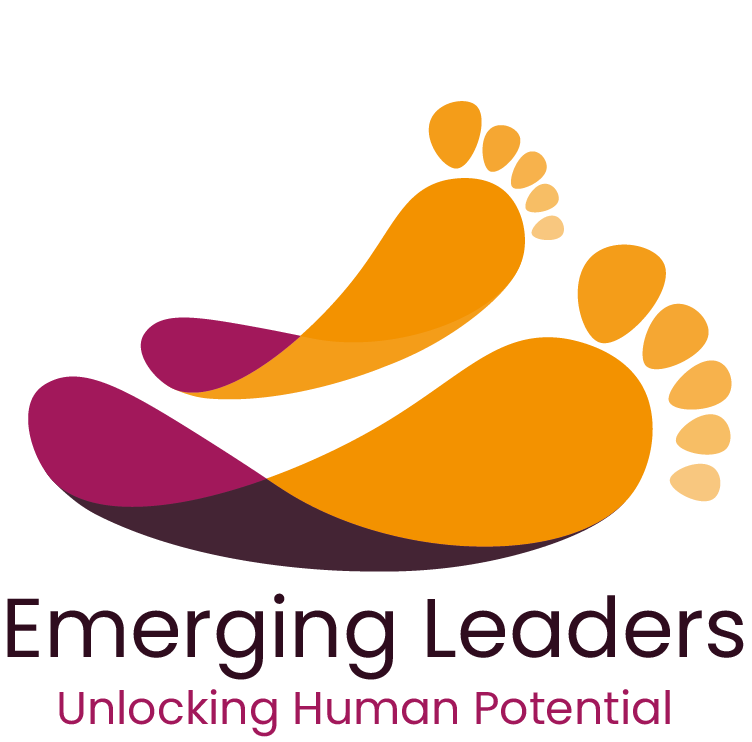Rwandan Genocide Survivors
It’s been a humbling month for Emerging Leaders – while one team was delivering training in the post-killing fields of Cambodia, another team was in post-genocide Rwanda training genocide survivors. Challenged by the writings of Fergal Keane (award-winning BBC Journalist who covered Rwanda’s genocide) I first visited Rwanda in 2006, 11 years after the Genocide against the Tutsi. Emerging Leaders relationship with this beautiful country was born out of that visit.
25th Anniversary of the Rwanda Genocide
April 2019 marks the 25th anniversary of the 100 days of massacre in Rwanda, which itself was built on decades of systemic terror. Whilst the country has transformed itself in so many inspiring ways, we were invited to invest in the ongoing challenges faced by those who were children at the time of the genocide. How could they honour and face their past, while leading themselves and their new families into the future? What are the challenges still faced by the survivors?
Training 100 Genocide Survivors
In the past few days, thanks to the partnership of GAERG, the Aegis Trust and the Survivor’s Fund UK, Emerging Leaders was able to train 100 genocide survivors in a Leadership for Life programme. This programme will equip them with the potential to pass on all they learned to thousands of other survivors across the country. We delivered this programme in the “peace classroom”, at the national Genocide Memorial in Kigali. There were 250,000 bodies buried in the surrounding Rose Gardens. And we were training one hundred of the living survivors who witnessed their parents, grandparents, and siblings being slaughtered. It was an extremely humbling experience for all involved.
What did we witness?
“Child-families” still caring for one another
We witnessed a passionate commitment to honour the past and create a different story for the future. Those who were children in 1994 are now adults, many with children of their own. We saw a group of people who have maintained a resilient commitment to look after each other. As the genocide came to an end, these countless orphans organised themselves into child ‘families’ of twenty to thirty kids of differing ages. They then nominated a ‘mum’ and a ‘dad’ to these families, and whilst not living in the same house, they have watched each others backs and with the structure of GAERG and AERG, they have created the present, out of the past. That legacy continued as we trained these ‘parents’ to take the training back into their ‘families’ and beyond, to those who were mere babies, or born of rape at the end of 1994 and into 1995.
Everyone has a story that they re-live
We also witnessed that the many faces of trauma remain. Everyone has a story. The story, when they trust you enough to tell it to you, (which may be years, or never) is as alive in their minds as a fresh film. Trauma affects the brain. It can diminish IQ, it can limit creative and problem solving. It can keep mindsets trapped in cycles of hopelessness.
Land trauma
There is the “land” trauma. A lot of genocide survivors have land, which belonged to their parents and now they have inherited. Rwanda is a land of agriculture and so land equals income-generating possibility. Yet, many survivors still cannot return to their own land because of the trauma. How can they revisit the village, or the field, they saw their parents killed in? Reducing income is easier to bear than reliving the trauma.
“How do I tell my children?”
And then there was the trauma between the survivor-parent and their own children. Their children asking “where is my grandfather?; why don’t I have any uncles or aunties?”. The survivors freely admit that they don’t know how to handle such questions. Like those soldiers returning from the horrors of the First World War, Genocide survivors don’t want to talk about it and it’s leading to tense dynamics. But they want to learn how to start, how to get beyond their own fears. We were asked if we would speak into this issue and so we offered an optional discussion at the end of day 2 of the training. Expecting a group of three or four people to remain behind, we were humbled by the reality of 70% choosing to stay. Holocaust survivor, Edith Eger, summed up their challenge well:
“It feels like an impossibility to talk to my children about Auschwitz. I don’t trust myself. If I say a word about the past, I will stoke the rage and the loss, I will fall into the dark, and I will take my daughter with me”
A Deep Hunger to Learn
These were the emotions present within the training room. Yet, my experience of training in Rwanda has always been the same – a deep hunger to learn and an ability to be honest about the need for mindset change. Each and every person had a willingness to ask the tough questions. They want a new future and they are committed to working hard for it.
